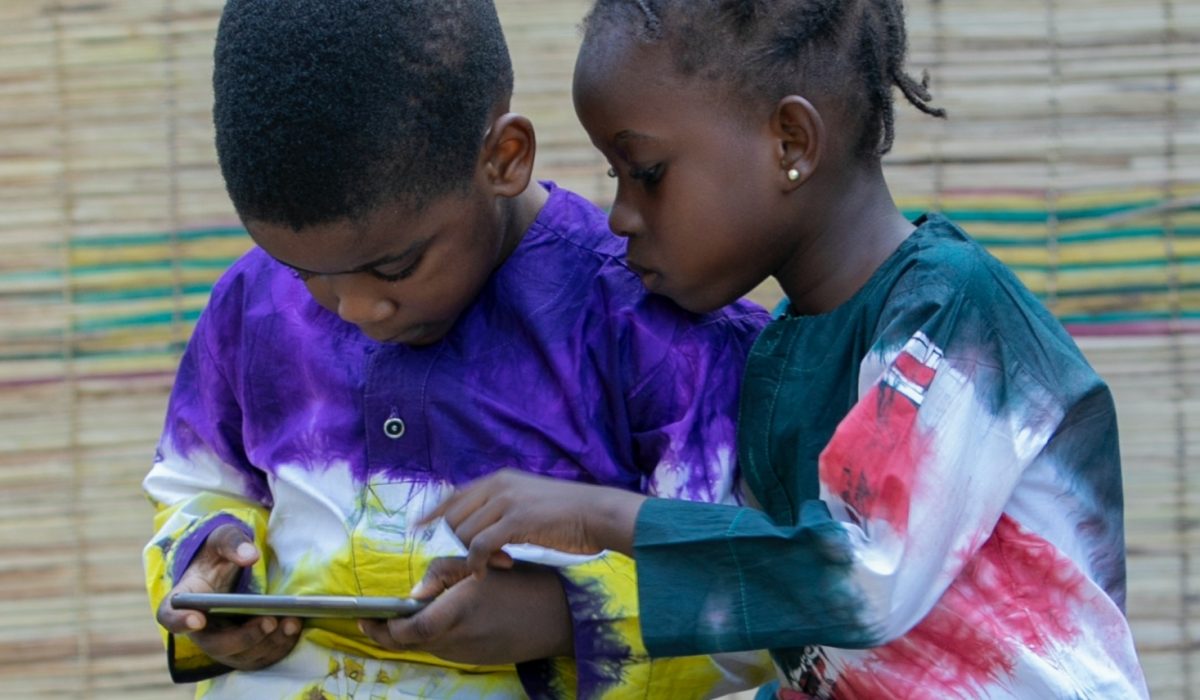The efforts of our partners from the Global Kids Online network have focused on new research, analysis and synthesis of evidence, methodological developments, and consulting stakeholders:
- New countries have joined and new findings are emerging: we have welcomed Australia through the Office of the E-Safety Commissioner. We are also conducting new studies in the Dominican Republic through UNICEF, with support from Global Kids Online partners in Chile and Uruguay. UNICEF Jamaica are also proceeding with a study this year. These countries are at different stages of their research and will share their emerging findings in due course. New findings are also forthcoming from partners in Brazil, Canada, China, India, New Zealand, and the Philippines.
- New report on pathways to vulnerability: UNICEF Office of Research – Innocenti and LSE published a rapid evidence review aiming to identify the pathways to resilience and harm and the factors that can intensify risk or protect children from it. The publication shows that ensuring children’s well-being and positive engagement with digital technologies requires more attention to long-term consequences, which in turn requires filling clear gaps in evidence, regulation, and education initiatives.
- New short report on gaps and research priorities: drawing on comparative findings and a review of the existing evidence, we reflect on the future research needed to understand factors that influence on children’s well-being in a digital world. In this short report, we explore key areas related to children’s internet use and identify opportunities for further research and analysis, discuss existing methodological challenges, and pinpoint the main measures used.
- Contributing to the ITU Guidelines on Child Online Protection: the International Telecommunications Union (ITU) launched its 2020 Guidelines on Child Online Protection, updating its earlier guidance on how to develop a safe and empowering online environment for children and young people. Global Kids Online colleagues participated in this process and many of the national projects you have all conducted contributed to the evidence base that underpinned its recommendations. We are currently advising the ITU EGH subgroup on Child Online Protection on children’s internet use indicators.
- Disrupting Harm fieldwork is complete: Disrupting Harm is a multi-country research project funded by the End Violence Fund and implemented by UNICEF, ECPAT International and INTERPOL. For this project, UNICEF has implemented adapted Global Kids Online surveys with a stronger focus on online violence, sexual exploitation and abuse, in 13 countries in Eastern and Southern Africa and Southeast Asia. This data is complemented by other research activities conducted by ECPAT International and INTERPOL. It will present comprehensive national assessments of the threat to children from online child sexual exploitation and abuse, and analyse how countries’ child protection systems are responding.
- 11-country comparative Global Kids Online report: Growing up in a Connected World is the latest Global Kids Online-wide report comparing data on internet use among nearly 15,000 internet-using children in 11 countries across Europe, Africa, Southeast Asia and Latin America. We’ve used this report to disseminate findings on online risk and harm (for the International Day against Violence and Bullying).
- A comparative report on Latin America: this report compares findings from the Global Kids Online surveys in Brazil, Chile, Costa Rica and Uruguay, pointing to the importance of media literacy, parental mediation, and state regulation for maximising children’s online benefits and minimising harm in the region. The report was developed in collaboration with the UN Economic Commission for Latin America and the Caribbean.
- New Zealand has published two reports on risk and harm: our partners from Netsafe New Zealand have published new data on children’s experiences of online risk and harm and on parents’/ caregivers’/whānau perceptions. The latest findings and reports are available on our Global Kids Online website.
- COVID-19 and children’s internet use: informed by Global Kids Online research, we offered insights through a number of blogs and publications related to children’s internet use during the pandemic. They focus on children’s experiences during COVID-19 and how to support them. We also joined our partners in the EU Kids Online network and developed a joint research brief on children’s access to health information, using comparable EU/Global Kids Online data from 28 countries.
- Global Kids Online has revised its main survey questionnaire: by now, partners from the Global Kids Online network have interviewed some 25,000 children aged 9-17 years old in 18 countries. The survey has been revised and implemented by the EU Kids Online network in 19 countries and by the Disrupting Harm consortium in 13 countries. To reflect the insights emerging from these projects, as well as from the research and practitioner communities, last year we published a revised survey. Once the Disrupting Harm project is finalized towards the end of 2021, we will update the Global Kids Online survey with the most successful indicators to measure online violence, sexual exploitation and abuse.








